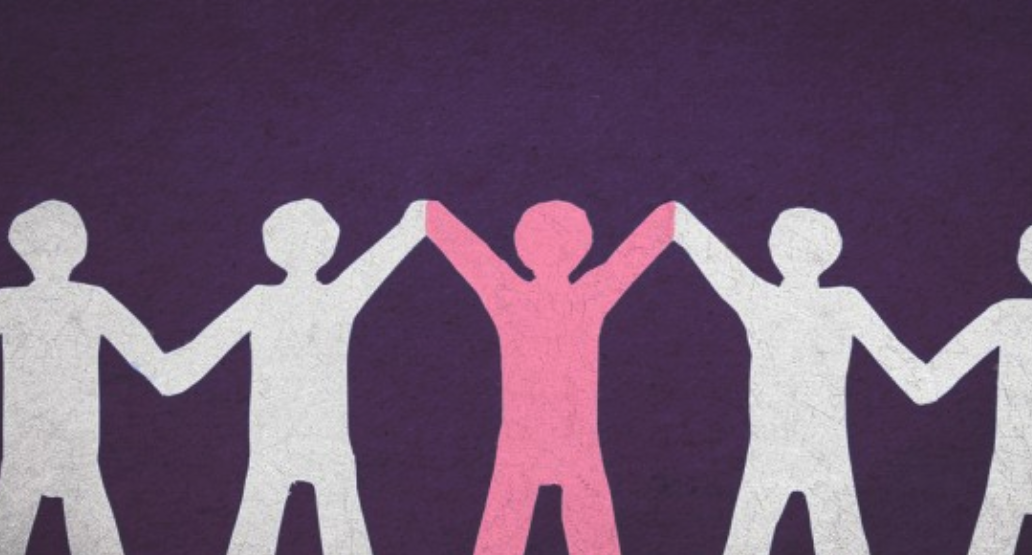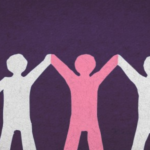“Bring your whole self to work.”
It’s a phrase we hear quite often these days, but what’s the likelihood you’ll bring all of yourself to the workplace if you feel you don’t fit or that people like you aren’t welcome?
I remember roles where I actually strategised about which parts of me and my life I’d reveal at work and which I’d choose to leave at home, for fear of rejection or being seen as the office oddball. Many of my coaching clients have shared stories of having done the same.
But in today’s work environment it’s not sufficient for leaders to extract the maximum from staff using the threat of discipline or the withholding of pay rises and promotions. Those times are long gone – unless it’s a dysfunctional workplace. Now the expectation is that staff should feel they belong, that they’re part of a team or even a family, so they feel free to give their best, support colleagues, and unleash their creativity and innovation. And it’s the manager’s job to ensure this happens.
So, how do leaders help give us the feeling of belonging and inclusion at work?
The prolonged bout of working from home – made necessary by the global pandemic – has made it harder than ever to create an inclusive atmosphere. But one solution I like to talk about, as a communication consultant and professional speaker, is that of building a culture of empathy.
Empathy is the ability to understand the feelings of another person. Three steps to being more empathetic include:
- Careful listening so we understand what the person is feeling, followed by
- Expressing empathy; acknowledging and affirming that we understand what they are going through. The final step – and in some cases this is optional – is
- Doing something about it. Taking action in some way to help the individual move forward.
Most managers think their main job is to put out fires, to be constantly ‘fixing things’. This often leads to situations where, instead of listening, the leader tries to save time by making assumptions. They use past experiences as predictors of what’s going on and, in this frame of mind, the skill of listening frequently takes a back seat in favour of making quick decisions – often without even fully understanding the feelings and detailed situations of the indi- viduals involved.
For leaders like this, being empathetic is a somewhat radical approach. It forces them to slow down, to get out of ‘fix it’ mode and step out of the leader’s shoes for a moment, and instead step into the shoes of their team members. This isn’t always easy but I feel it’s very necessary. Given the wide diversity of employees to manage in today’s workplaces, how else can we help individuals feel they belong, unless we take steps to understand them and how they feel?
So, is empathy a cure-all? Heck no.
It doesn’t replace having policies in place to ensure that everyone is treated equitably and respectfully. Staff also need an environment of physical and psychological safety so they can call out situations they feel are unfair or unwelcoming. Without curiosity and a genuine desire to understand the needs of everyone in the workplace, it’s pretty hard to create a genuine environment of belonging. So, let empathy be a starting point.
This article first appeared on Edge Yule 2020.
Shola Kaye is the author of two books and an award-winning international speaker on Communication, Inclusive Leadership and Empathy at Work. She’s passionate about helping organisations create an atmosphere of belonging for their people and for those individuals, in turn, to be given the skills and opportunity to communicate with power and clarity.
Shola’s Empathy to Equity Blueprint programme helps organisations improve staff inclusion and engagement. When individuals have the confidence and tools to share their brilliance, amazing things happen. People are transformed into leaders. Teams and groups perform better. Everyone gains. Shola’s work has appeared in a variety of industry journals, she’s a LinkedIn Learning instructor, and her clients include The United Nations and Deloitte.
For workshop or speaking enquiries, contact Shola at [email protected] or +447734 963 593
Download the FREE guide ‘Preparing for Empathy’ that will help you and your organization prepare for improved listening, bettered connections, and more compassion long-term: https://lnkd.in/e3Tw5CN




